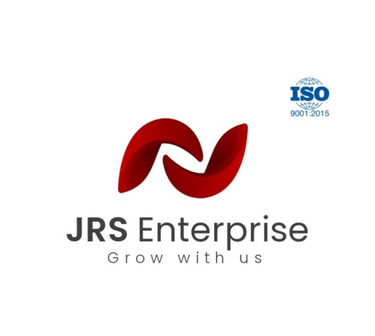Welcome to our ONLINE learning platform
DIPLOMA IN SAP COURSE
Overview of Diploma in SAP
5/21/20253 min read


Learning all SAP functional modules offers numerous benefits, particularly for professionals aiming to excel in enterprise resource planning (ERP) and business management. SAP functional modules cover critical business processes such as finance, human resources, sales, supply chain, and more. Below are the key advantages of mastering these modules, based on their comprehensive functionality and industry relevance:
1.)Holistic Understanding of Business Processes
Learning all SAP functional modules provides a deep understanding of how various business functions—such as Financial Accounting (FI), Controlling (CO), Sales and Distribution (SD), Materials Management (MM), and Human Capital Management (HCM)—interconnect within an organization. This integrated knowledge enables you to optimize end-to-end processes, ensuring seamless data flow and operational efficiency across departments. For example, understanding how FI integrates with MM and SD helps streamline financial transactions tied to procurement and sales
2.)Enhanced Career Opportunities
Proficiency in multiple SAP functional modules significantly boosts employability. Companies across industries—finance, manufacturing, logistics, retail, and more—rely on SAP ERP systems, with over 70% of Fortune 500 companies using SAP products. Certified professionals are in high demand for roles like SAP Functional Consultant, SAP Analyst, or SAP Project Manager, with opportunities in consultancies, ERP systems, and global corporations. Knowledge of multiple modules makes you versatile, allowing you to work in diverse industries and roles.
3.)Higher Earning Potential
SAP-certified professionals often command higher salaries due to their specialized skills. Salaries for SAP consultants typically range from $90,000 to $150,000 annually, depending on experience, location, and module expertise. Mastering multiple modules increases your value, as you can handle complex, cross-functional projects, leading to better pay and career advancement.
4.)Improved Problem-Solving and Customization Skills
SAP functional modules allow you to configure systems to meet specific business needs. Training in modules like SAP FICO, MM, SD, and HCM equips you with the ability to analyze business requirements, design solutions, and customize processes. This hands-on expertise enhances your ability to innovate and address unique organizational challenges, making you a valuable asset.
5.)Strong Integration Knowledge
SAP’s strength lies in its seamless integration across modules. Learning all functional modules provides insight into how data flows between processes, such as how inventory updates in MM affect financial records in FI or how SD integrates with logistics for delivery optimization. This knowledge is critical for ensuring system efficiency and supporting strategic decision-making.
6.)Competitive Edge in the Job Market
A candidate with comprehensive SAP functional knowledge stands out over those with expertise in a single module. Employers value professionals who can bridge gaps between departments and implement holistic solutions. Certification in multiple modules also enhances credibility and reputation among peers and recruiters.
7.)Support for Diverse Business Functions
Each SAP functional module addresses specific business needs:
SAP FICO: Manages financial accounting and cost control for better financial planning.
SAP SD: Optimizes sales, order processing, and customer relationship management.
SAP MM: Streamlines procurement, inventory, and supply chain management.
SAP HCM: Automates HR processes like payroll, recruitment, and performance management.
SAP PP, QM, PM: Supports production planning, quality management, and plant maintenance, respectively.
Mastering these modules equips you to support virtually every aspect of a business, making you indispensable.
8.)Global Recognition and Demand
SAP is used by over 230 million cloud users and has a presence in 120 countries, with 140,000 installations worldwide. Learning all functional modules aligns your skills with a globally recognized platform, opening doors to international job opportunities in both government and private sectors.
9.)Future-Proof Career with SAP S/4HANA
SAP’s latest ERP system, S/4HANA, leverages in-memory computing, AI, and machine learning. Understanding functional modules in the context of S/4HANA ensures you stay relevant in a rapidly evolving tech landscape, as businesses increasingly adopt this advanced platform for real-time data processing and analytics.
10.)Increased Organizational Impact
As a functional consultant with expertise in all modules, you can drive digital transformation by aligning SAP solutions with business goals. Your ability to implement, configure, and optimize systems across functions enhances organizational efficiency, reduces costs, and improves decision-making.

